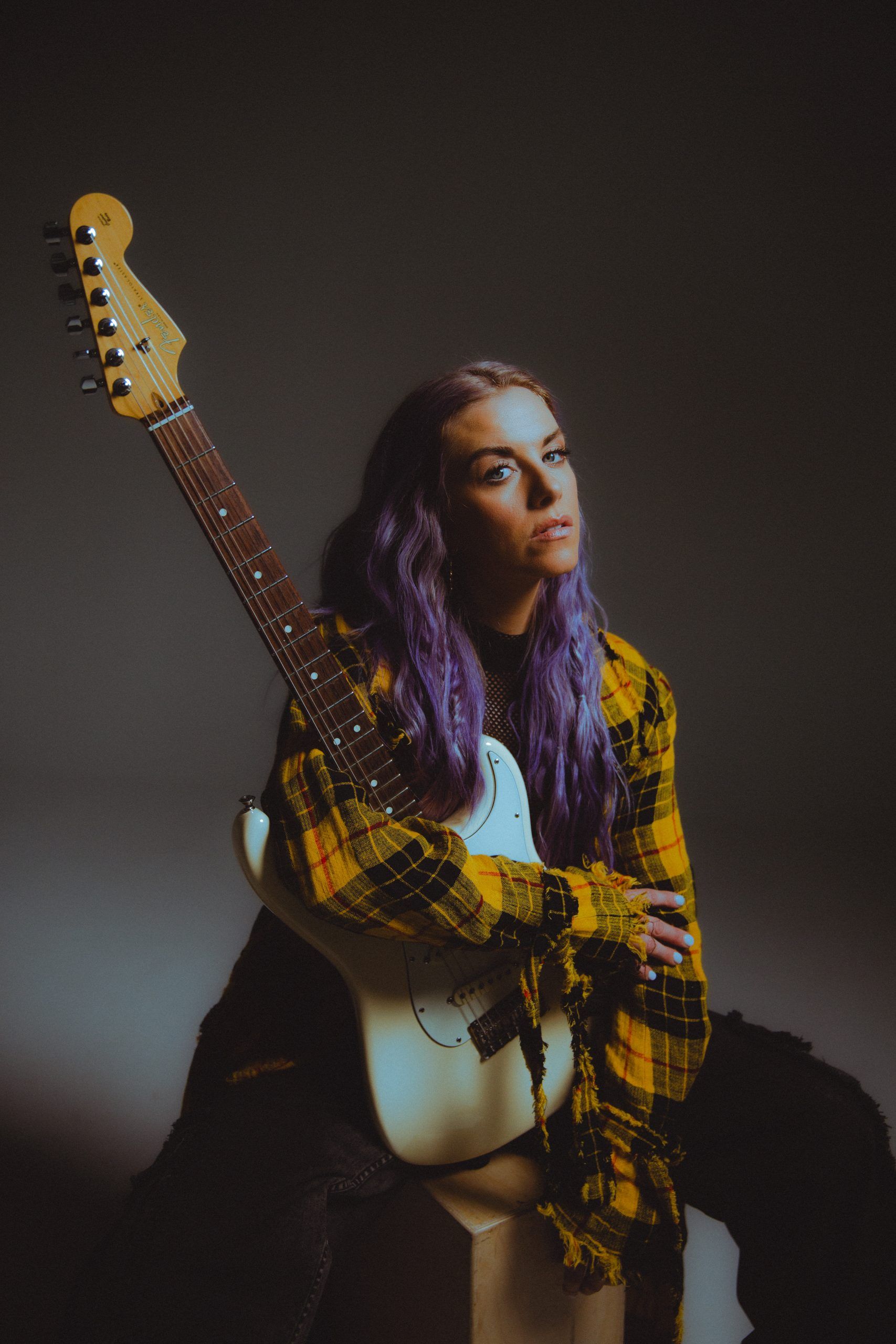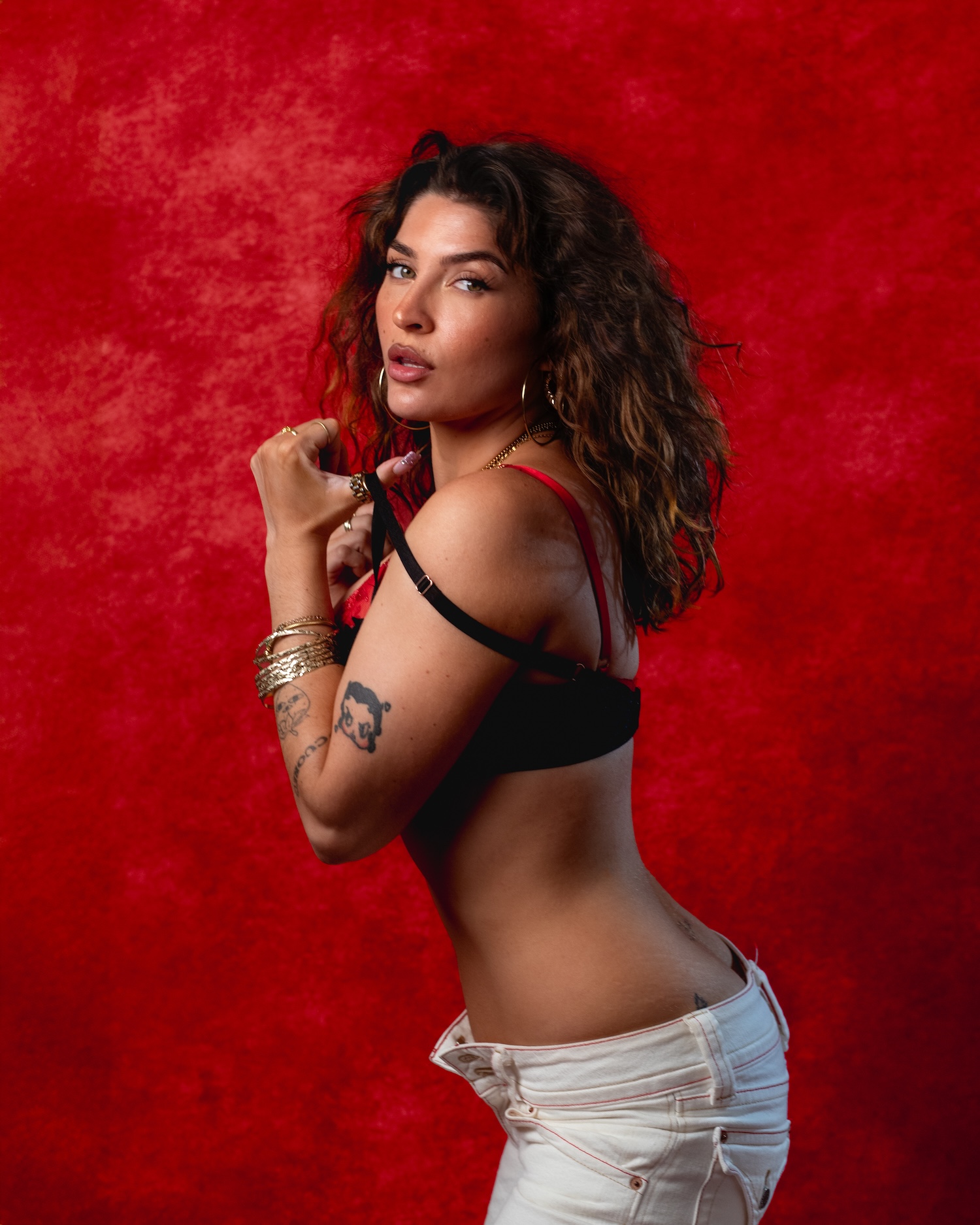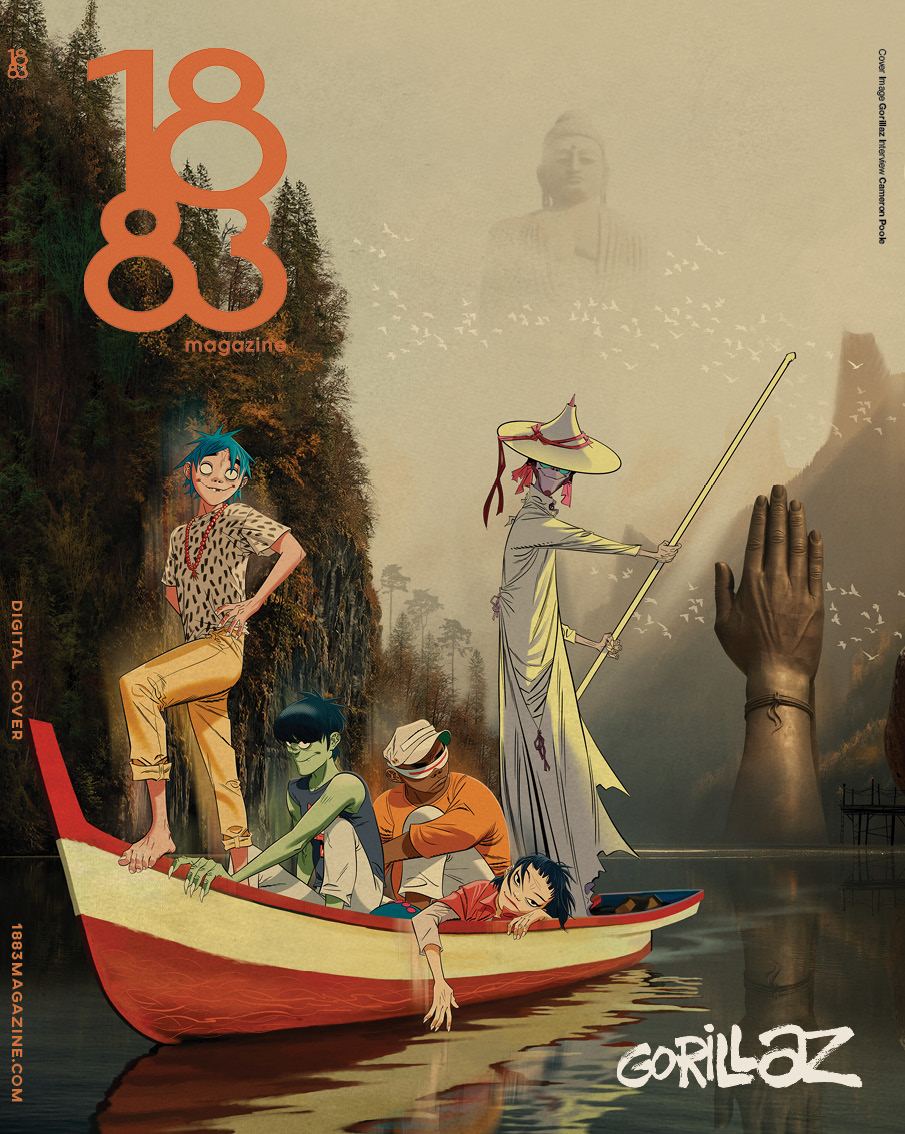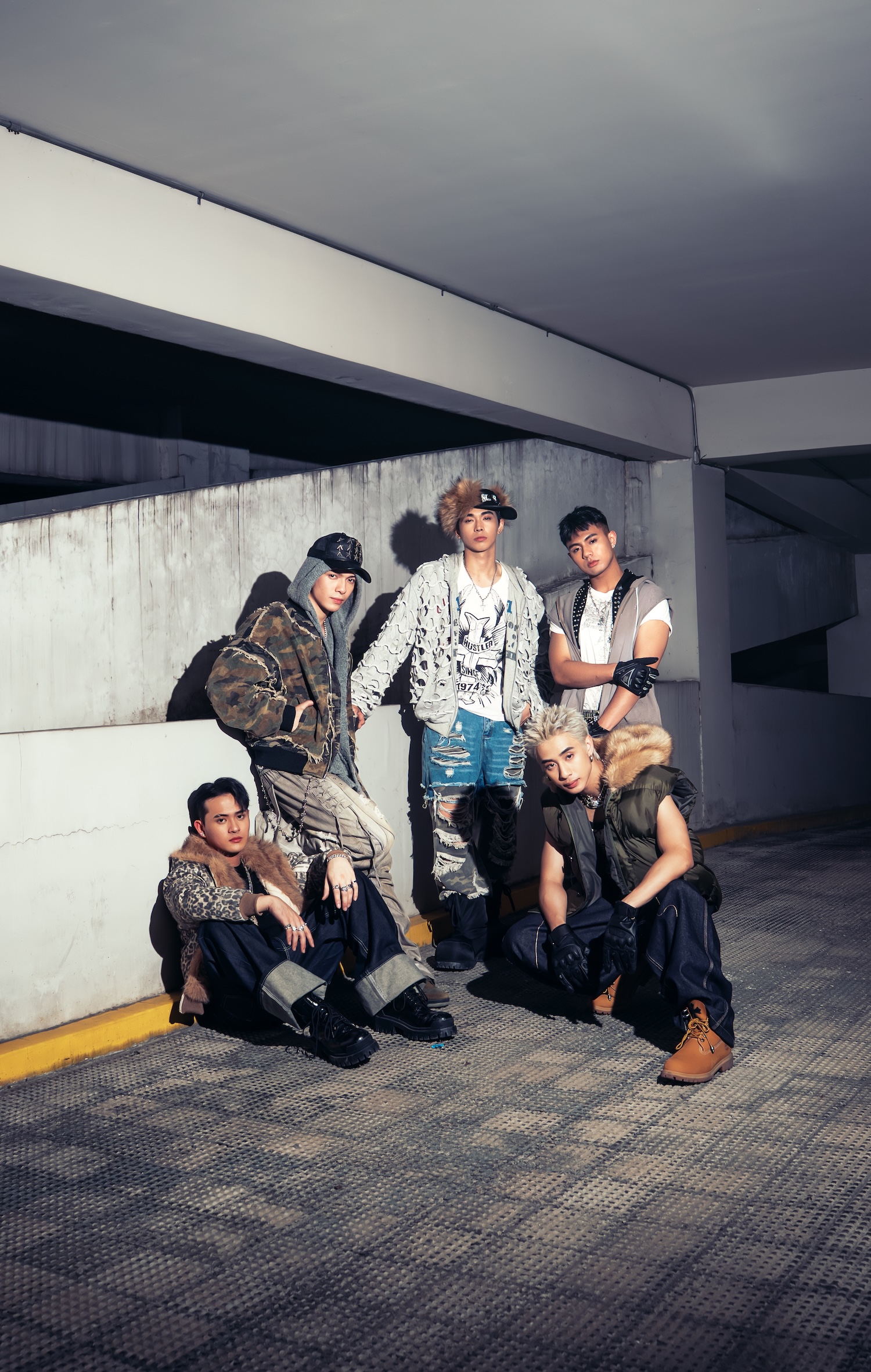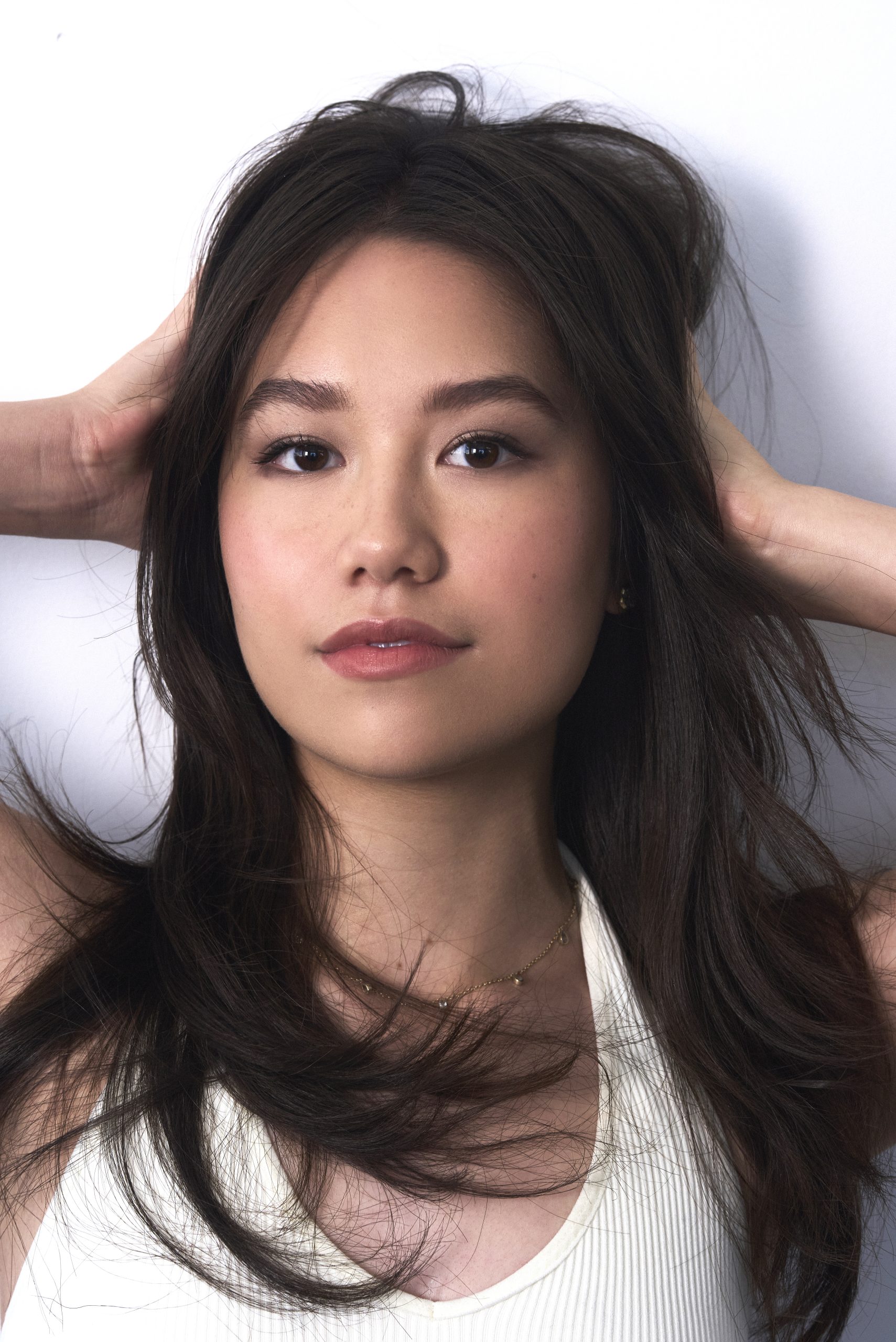Singer-songwriter and guitarist Lindsay Ell has had an incredible year: from releasing her most authentic work yet on the love myself EP to touring with Shania Twain as her band’s guitarist, Ell’s list of achievements only continues to grow. Moving to Nashville over a decade ago, Lindsay Ell spent years honing her craft, as both an instrumentalist and as an artist. With the goal to become “the female John Mayer,” she pursued a career primarily in country music, releasing several studio albums and singles that all exist in the country music realm.
However, this most recent EP harkens a new era for Lindsay Ell as an artist. love myself saw Ell step away from her country roots, entering a new sonic space that leans more pop-heavy than most of her previous work. Lyrically diving into topics of insecurity and self-doubt, this project is also some of Ell’s most personal and vulnerable work, allowing listeners to truly see her innermost emotions and struggles. Though she has never shied away from vulnerability in her music, love myself brings a new layer of authenticity to the table, showcasing Ell’s lyricism and emotion throughout the five tracks.
Following the release of love myself, 1883 sat down with Lindsay Ell to chat about everything that went into the project, and to hear a bit of her perspective on the ever-changing industry that she has been involved in since she was 15.

Thank you for taking the time to chat with me today! It’s been a little less than a month since the release of your latest project, Love Myself. How have you been feeling about the response and reception to the EP, now that people have had a chance to sit with it?
It has felt unlike any other project I’ve released. I feel like, honestly, so liberated from releasing this music. Releasing music that excites me, and is sonically a sound I’ve wanted to release ever since I was a little girl. I think at this point in my career, I’m a lot less afraid to take those chances and really expand my sound, and be able to collaborate with new artists I never would’ve thought of collaborating with. Releasing this project has been really exciting in a lot of ways, in a lot of ways I didn’t see coming in my career. At the same time, what this project says is really important, and so personal in a lot of ways.
If I’ve learned anything from releasing music, especially my last project, it’s that that’s when music starts to really connect with people. When you get really real, and honest, and can talk about some of those stories that are very pivotal and life changing. I feel like I really put my heart into this EP. The past couple of years have been so healing in so many ways. I got diagnosed with an eating disorder at the beginning of 2023, and because of that, I think I’ve been in this spiral. There are downward spirals, but I’ve been in this upward spiral of healing and learning about myself, and really trying to unpeel layers of the onion, like: what could this teach me? Because of that, I feel like the past couple of years have been the most challenging, and the most profitable, even from a personal standpoint, than I’ve ever experienced in my life. I feel way more myself than I ever have.
Being able to share that through your art is really, really special. As you mentioned, this project is very vulnerable and honest, covering heavier themes lyrically. Was there any hesitation or nervousness when it came to releasing those stories into the world, or do you feel that you are at the point in your career where you are more comfortable with vulnerability?
In terms of writing songs like that, I think at this point in my career I’m more inspired by being like, how deep can we get? It’s almost a challenge within myself. What’s the next crazy personal thing I could put into a song? Musically, I think I was… I don’t think scared would be the right word… It took me a long time to get the courage to put a project like this together. I think I was raised by country music, I still am going to carry so many of those roots with me for the rest of my life.
Specifically, from a songwriting perspective. I think, sonically, making the conscious choice to really lean into some of the artistic directions that have inspired me since I was 13 years old learning Jimi Hendrix, and Stevie Ray Vaughan, and Eric Clapton. Moving to Nashville, wanting to be the female John Mayer. Listening to Sheryl Crow. I guess at this point in my career, I feel like I finally have the confidence to fuse all of those elements together. When I look at some of my favourite artists, it’s not that they’re the best at this or that. It’s just the way they put the mosaic together, that makes it so special. I think I’ve finally gotten to the point in my career where I’m like: I want to put the mosaic together. I want to bring in these other elements and other colors that have so inspired who I am, how I put my live show together, and even the songwriting process. I think I’m not as scared to show it now.
With this sonic shift you mentioned, this EP also saw you step into the role of co-producer. What did that look like, being more hands-on with that element of the process? What inspired you to take on that role, with this project specifically?
I love this question. I am very much a hands-on person, I love to have my hands in everything. Sometimes it’s really hard for me to let go of elements of my life because I love to be so hands-on. This project was so important to me because I had such a sound in my head of where I wanted it to go. From working with very incredibly talented producers in the past, I just know that some artists come into the studio, sing their songs, and leave. I didn’t want… I’ve never really been that, ever. I really wanted to have a strong voice in the room, I wanted to this to be a project that Doug Schadt, my producer and I, could put together. I’m just so honoured that he was like, yeah, let’s do this thing together. He’s the coolest dude. He’s out of Brooklyn, New York. He’s this super mastermind wizard, who sits in his studio and we just pick up any instrument and make noise with it. It’s pretty magical, what can happen because of it. Being able to be listed as a co-producer on this project was such a dream come true in so many ways. I feel like I finally have something that sounds like how my band sounds live.
When it comes to the lyrics on this project, there’s a lot that stood out to me, but the main one was on “pain tolerance,” right on the chorus: “I guess I have a pretty high pain tolerance/And I used to think it was a big compliment.” I feel like so many women feel this pressure to be the ‘chill girl,’ when in reality, it’s not cool or beneficial to put up with everything. I love that that lyric kind of calls it out. I was wondering if you could share a bit more about what that lyric means to you?
I love that you mention that lyric. I wrote “pain tolerance” with two friends of mine, Donovan Woods and Andrew Austin. Donovan is one of my favourite songwriters on the planet. I remember walking in to write that day, and being like: I want to write a song called “pain tolerance.” They were like, why? Because I feel like I have lived most of my life wearing all of the trauma I’ve been through as badges of honour on my arm. Being like, well I went through this, and I went through this. In my mind, I had it as this kind of armour or something. ‘Okay world, hit me with your best shot because I can take it, because I’m so strong, I’ve been through all of this shit.’ I just don’t think that’s necessarily the most helpful, or the best way to live your life.
If anything, I think that encourages more chaos into your life. I used to see my high pain tolerance as a compliment when people would say, ‘Wow Lindsay, you’re so strong. I would be like, thank you!’ In the depths of my soul, I’d think, ‘Yeah, all of these painful things are finally worth it.’ I really don’t feel like that’s how we should look at the traumatic things that we go through. Everyone goes through traumatic events, and I think that it’s very important to learn from those things. It’s almost like implementing those lessons as things to not repeat, and try to focus on more loving things and places of acceptance, compared to bringing on the negative drama.
It’s so necessary to process those things, and wearing pain as a badge of honour sometimes takes away from that, and I feel like that song encapsulates that really well. When it comes to your studio sessions, do you have a routine or format you like to follow? Or does it vary based on what you’re working on?
The magical thing about the studio is that it has changed so much. When I first moved to Nashville 15 years ago, we would track everything. We would track records with a full band in the studio, a massive studio with a massive board. That was a lot of fun, there was a certain electricity in the room when you have all of these brilliant musicians. Now, in 2024, I think this is something everyone learned in COVID when we were all stuck in our houses, and all of these musicians needed to make money. Everyone has really great setups in their houses, remote setups. Now, the cost of bringing in all those musicians to record everything all at once in the studio is still sometimes a great thing to do, sometimes very worthwhile, but also sometimes it’s wasting a lot of money that you don’t need to necessarily [spend]. Now, I think everybody’s a lot lighter and tighter with making records. You see FINNEAS and Billie [Eilish] literally make that album in her bedroom. I think it’s opened up a completely new world for creativity, and what’s possible. You can get players from all around the world to guest on your project.
This project was fun because a lot of it was Doug and I in the studio, putting our brains together and crafting things. He and I play kind of everything together. I’m such a guitar nerd, and he’s a wizard on everything, he has all of these really cool synths all over his studio. We made a good mock-up of what things were, and then we brought in a drummer, Harry Miree. We flew him into New York, and we got to record drums live in the studio. I got to sing some vocals there, we got to turn our guitar amp up in a big tracking room. There are certain things you can’t fully capture in the box. We definitely did sort of a piecemeal, drums are tracked live, and a lot of my guitar solos are tracked live on the floor. Then Doug and I both played piano, there were some really complicated licks we wanted to get. We even sent a session out to some really talented keyboard players out in LA. It’s just amazing what technology can do in today’s day and age. The world of making records is so different than it used to be. Not saying that people don’t still get all together in the studio and make records, that does still happen. It is pretty cool what you can do with a few friends sending files back and forth.
That’s cool that you got to see that evolution in real-time, from being in sessions and in the industry for a decade.
Yeah, it’s been really cool. It really empowers truly anyone to make music, to learn these DAWs and these programs. I think it’s what also got me so interested in the world of production. Anything is at your fingertips if you want to learn it.

It’s definitely more accessible than it was even 5 years ago, which is really cool. Reflecting on the EP creation process, do you have a favourite moment or session that stands out? Maybe a moment when something clicked?
I think it was the first day we really got “story i tell myself” in the studio. “story i tell myself” was the first song I wrote for this project, it had been produced a few different times. It was just a hard song to crack. Some songs, in the writing room, you really want it to fall out of the air into your hands like a gift from god. But in the studio, sometimes you need to really work hard on how to crack the code. Also, when you’re writing, you can make a demo, a representation of a song that lives on its own little island. Then you choose all of these songs to become a project, and you have all of these islands that you need to bring together. Sometimes, sonically, it’s really hard to bring all of those distant islands together, like how are all of these things going to work as one? I remember “story i tell myself” was one of the hardest ones to get right. We ended up recording it, and I was like, the key isn’t right. We had it pretty much done, the key wasn’t right so we had to rerecord everything. That wasn’t everybody’s favorite day when I came in like, the key’s not right, we need to redo it. The day we finally cracked the code, it just felt like such a relief and so gratifying.
Creativity is supposed to be messy. There was this quote once, like creativity is like a tourmaline butterfly, you look at it, it’s beautiful, it’s crystal. Then you smash it with a hammer, and you make your own butterfly out of tape, paperclips, and sticks. Random things that you find, and that’s what creativity is. That’s what it feels like, a lot of times. It’s nice to work with collaborators in the writing room and have a producer like Doug who is just down for the hunt of it, and the passion of letting it unfold like it’s supposed to. It always does, it just sometimes takes a little wiggling back and forth to find it. I remember the day we finally cracked that code, we were like, everything’s going to be good.
It reminds me of that quote that’s like, you build something, set it on fire, then build it again.
That’s the thing, it really feels like that. From the outside in, it looks like this easy process, you show up and everything’s perfect. It really isn’t! You’re gluing things together, hoping that it cohesively looks like something. Drawing like a 5 year old, hoping it’ll look like something in a museum one day.
It all comes together eventually! On the subject of “story i tell myself,” I wanted to ask you a bit about the music video. I loved how it portrayed that cycle of recognizing that you’re in an unhealthy thought loop, but struggling to escape it. I was wondering if you could tell me a bit about that filming process, and the vision behind the video?
Thank you so much for getting the point of the video, oftentimes people don’t read into the message! We had a lot of fun shooting this video. It was kind of the alter egos, you have the devil on your shoulder and the angel on your shoulder. I do feel like our subconscious self-talk is kind of like that. We wake up and have mornings where the devil says: you’re not good enough, you’re not pretty enough, you can’t do this. Everything is doubtful. The angel on your shoulder is like: we got this, so much light, it’s a brand new day! I do think the dichotomy is where we all land. Also, the dichotomy is what we have to deal with in our minds. It was really fun to act out both versions. There’s the one that always wears black, and the one that’s in white. I’m glad that it was representative of that conflict. At the end, when I’m finally dancing around, it’s kind of like the light version won.
I felt like it conveyed the message of the song well, and wasn’t too literal, there was still room for audience interpretation which I really liked. You’ve been releasing music for over a decade now, I was curious if you feel your relationship with songwriting has changed. Do you approach writing the same way, or do you feel it has evolved?
I definitely feel it’s evolved. It’s weird because I’ve been writing songs ever since I was ten years old. I remember writing songs way back then where I just did not care. I wrote literally whatever was in my brain. I would make songs so easily. There was no filter for my creativity. Then when I moved to Nashville, I just got so focused on having success in country radio and writing for this very specific thing, that is just not determined by putting the word ‘beer’ in your song anyway… Even though that sometimes helps. That’s really never been me, that’s never been representative of my life or who I am. I think that North Star really guided my creativity and my focus in the writing room for a long time. I’m so grateful for all the success I’ve had in that world, and the wonderful fans I’ve been able to meet, and the incredible tours I’ve been able to go on.
I am really excited to be able to walk into a writing room right now and create whatever is on the top of my brain. And really bring in all of these random influences, like, have you heard this new band? Like, what if we fused this chant from this Himalayan music and put it to a pop beat like MUNA? It’s been really fun to not have any rules. My trajectory as a writer is back to what it was at the beginning when I was really little and I was just writing. It was as simple as that. I think in the middle, I just got so focused on: okay Lindsay, you need to write songs to be successful. In order to be successful, they have these marching orders they need to contain. I think it just squeezed the life out of me, to the point where I was like, that’s definitely not the way I need to do this so I’m just going to go back to being the little girl playing in a sandbox.
It must be so freeing to be able to return to that, to reconnect with the version of yourself that started this in the first place.
Yeah, it has been so freeing and so life-giving. I hope this music can just be heard by the ears that need to hear it.
As you have been in this industry since you were very young, I wanted to hear your perspective on the industry’s space for women, as you have spent years in this industry not only as a singer-songwriter but as a guitarist. What has your experience been like, and do you feel that there have been recent shifts to create more spaces for women in an industry so historically male-dominated?
I feel that it’s gotten a lot better. When I first came to Nashville and was first starting to release music officially… even back when I was 15 and had a band van driving across the country playing shows, I felt like seeing female musicians, or a woman front leader who also plays an instrument, was a very rare thing. You could honestly probably count how many successful recording artists were female that played an instrument on like, two hands. I think it’s gotten a lot better, but I still don’t know why there’s this huge imbalance. I am really happy when there are artists like H.E.R. who really shows her musicality, and is not afraid of it and lean into it. It’s a huge part of her show. I think it’s artists like that… and anytime a fan comes up to me and says: Lindsay, I started guitar because I saw you play. That’s the coolest thing that I can hear a fan say. I’m happy that there are a few artists out there that can act as the torch carriers right now.
I’m so excited to be able to spread the light to other female musicians who feel inspired to get up there and to not only be artists but to be playing in bands. It’s amazing to see artists really lift up female musicians. Being on tour and seeing all these female musicians who are a part of bands. I know Olivia Rodrigo’s really good at that, she had so many women in her band, it was really cool to see her tour this year. I’ve been playing guitar for Shania [Twain] this year, which has been wild, and something I’d never thought I’d do in my life. She’s the epitome of girl power. She can really lift up her own band, it’s half-female. It’s really amazing to see artists champion women, and really give them a platform. If there’s a female artist in the lineup who’s auditioning, that’s almost like an asset, compared to before where it may not have been. It’s really cool to see girls rocking it.
I love that you mentioned other artists uplifting, community is so important in an industry that’s male-dominated.
So true! As fans see it, as other artists do it, I think it normalizes it. It makes it like, “oh, that’s so cool, what if I did that?” It’s contagious in a good way.
For sure, it inspires both fans and fellow artists. You touched on this a bit earlier, you mentioned that you learned so much about yourself through the course of this project. What do you feel was the biggest takeaway, the most important lesson you learned throughout this process?
I think through making this project and through writing this record, the most valuable lesson I’ve learned is to listen to myself. In a lot of past [moments] in my career, or even in my life, I just listened to everybody else. Thinking oh, if they have good advice, I should just listen to them, and if I do that then maybe that thing will happen. Definitely surround yourself with good people and listen to good advice, but don’t listen over your own intuition. I think making this project and really building my team and reconstructing a lot of areas of my life has been the first time I’m really listening to that inner feeling again. Listening to yourself is the most important thing we can do on the face of the planet. That little tiny voice makes you different than anybody else on the planet. If we all make the same decisions in the same way, we’re just going to be assimilating ourselves into these cookie-cutter versions. That little voice makes you so unique, so special, and so different. When you’re making art in any form, that’s what’s going to make it stick out.
I think the most valuable lesson I learned was listening to myself. And then, as a tack-on lesson, I have always been such a person who is always focused on the next thing. I can’t even really sit in the moment and enjoy it, I’ve always got my sights set on six months from now, a year from now, three years from now, five years from now. I’ve been trying a lot more to just focus on today, what I’m doing right now, what I need to be thinking about. Knowing that the rest will fall into place. I can’t even really do a lot for three years from now, in this moment. The best thing I can do in this moment is do what I need to be focusing on. I think I’m just trying to live to learn a lot more in the present.

Lindsay Ell’s new EP “Love Yourself” is out now.
Interview Brigid Young

